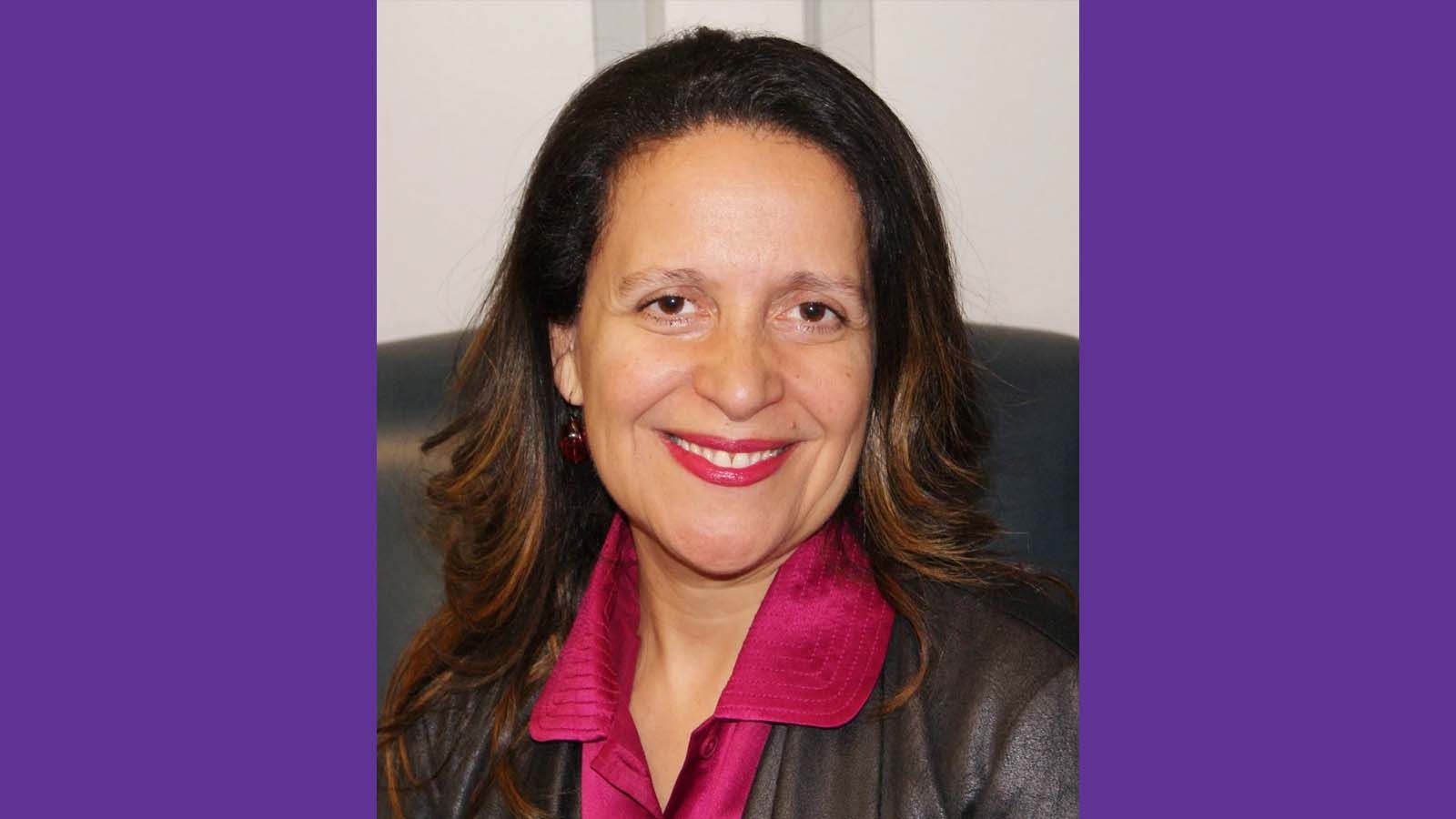A Hunter College Nursing professor and alumna has received a five-year, $1.25 million NIH Science Education Partnership Award.
Hunter Associate Professor Dr. Judith Aponte BSN ’94 MS ’98 and Dr. Maria Isabel Roldós of Lehman College are the co-principal investigators on the award, which seeks to improve health outcomes and train health professionals in The Bronx.
Dr. Aponte, a public health expert, is the Scientific Research Associate Director of the CUNY Institute for Health Equity. She and Dr. Roldós will work with students and teachers from the Marie Curie High School for Medicine, Nursing, and Health Professions in Kingsbridge.
The grant will investigate health disparities in the Bronx by designing and piloting professional-development modules on community-based health-disparities research for high-school teachers and students on topics of importance to the Bronx.
The training will create a pipeline from Marie Curie High School for Medicine, Nursing, and Health Professions to Hunter and Lehman College health-profession programs, including Nursing.
The grant has three goals:
- Develop community health-disparities training modules for high school teachers, focusing on Type 2 diabetes mellitus, STDs/HIV, and adolescent development and mental health with subtopics on anxiety and depression
- Create a high-school-to-college pathway for those students in the Bronx interested in careers in biomedical, behavioral, or data-science
- Create community health forums where practitioners and scientists can identify career pathways for the biomedical workforce in The Bronx and elsewhere in the city.
“The Bronx, unfortunately, is one of the nation’s poorest counties, and its residents suffer from the many determinants of health: poverty, diabetes, asthma, mental-health problems, STDs, and injuries,” said Dr. Aponte, who is a bilingual English/Spanish disparities researcher. “As Hispanic Serving Institutions, Hunter and Lehman colleges are well situated to help Bronx high-school students become more interested in biomedical careers and to promote public health. This project is relevant to NIH’s mission to enhance health and reduce the burden of illness by providing scientific training and mentorship to high schools that have large populations of underrepresented minorities and underprivileged students.”


